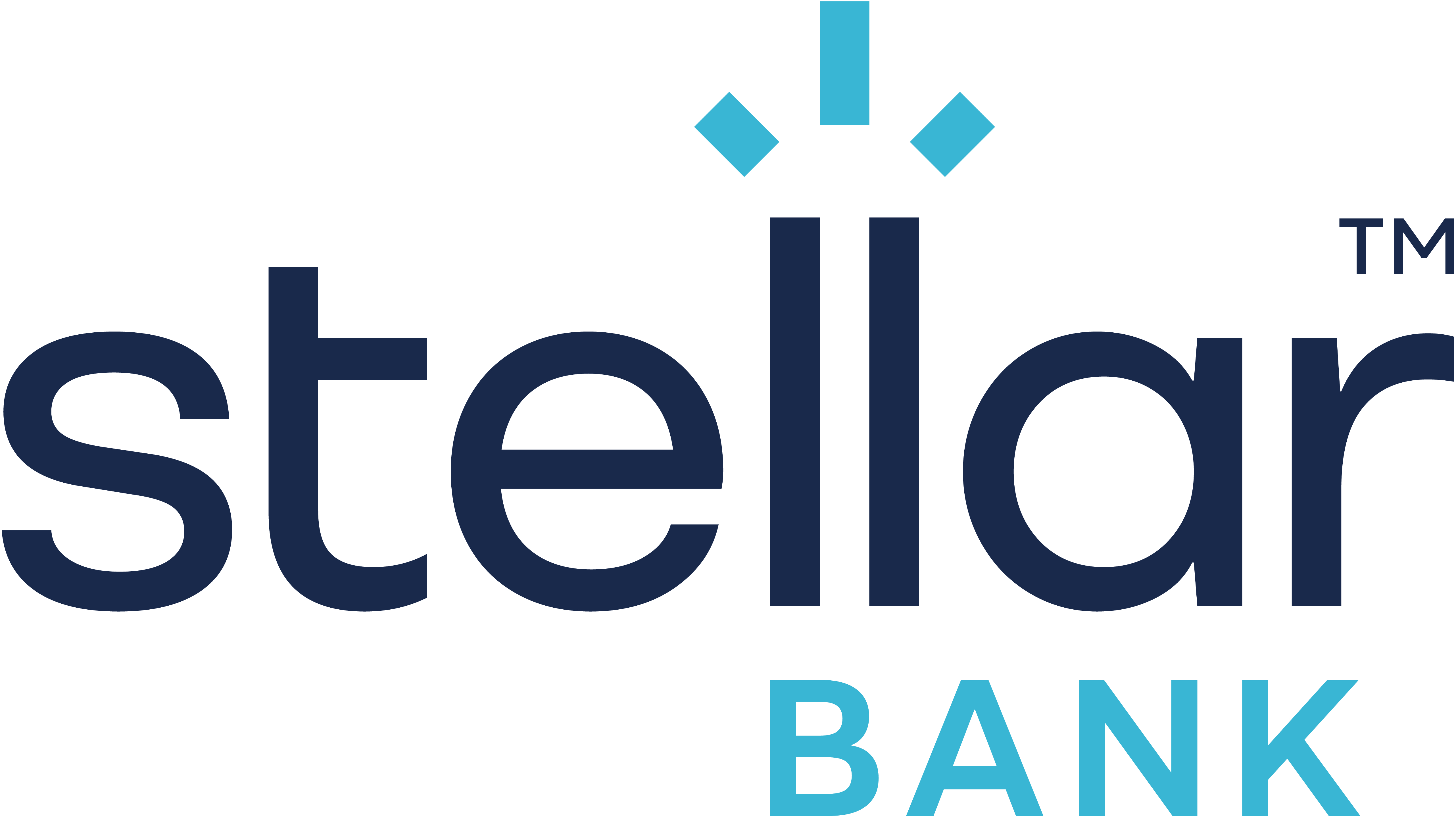Small Business Cybersecurity Tips

By Michelle Loredo
Cybersecurity is a must-have for all types of businesses, no matter the size. According to Norton, the United States lost about $5 billion in stolen online information through phishing emails.
More now than ever, you need to be ready for the next cyberattack. Invest in the best proactive measures, and create a security culture. Here are tips that can help your business lessen the effect of a cyber attack and how to prepare for future events.
Types of Cybersecurity Threats
Businesses get attacked daily by different types of business cyber-attacks. Hackers take advantage of weak security and lack knowledge to cause havoc. They focus on small businesses because they tend to have lesser cybersecurity set in place. Here is a rundown of the most common online security threats.
-
Computer Virus/Malware
-
Drive-by Downloads
-
Phishing Emails
-
Watering Holes
Malware is code and or program that that is waiting to be activated. Once it is inside your computer software and devices, it will multiply and corrupt your system software. You can receive malware from emails, text attachments, downloads and other shareable attachments. Some signs that will let you know are mass email spamming, pop-up windows and unusual slow performance.
When you are on websites, some will try to install malicious software on your computer. You can prevent this situation by having a proper computer security system.
A common way that businesses get hijacked is via phishing emails. This type of scam works by sending emails that look legit but have attached malware. It is activated once the receiver clicks a link or opening an attachment. Phishing emails will install multiple types of malware, including computer viruses, worms, spyware and ransomware.
Lastly, watering holes are websites that have been taken over by a third party with the intent to the users to click and download malware.
Proactive Cybersecurity Measures
Be ready for future data breaches. There are multiple ways to stay ahead of fraudsters. It includes having cybersecurity training, limiting access to business accounts, business data backups, cloud security, regularly updating computer software and investing in virtual private networks.
Creating a culture of cybersecurity will help your business minimize the event of a data breach and reduce the effects in case of an attack.
Limiting access to business accounts can help diminish the risk and or result of a cyberattack. If you know who has business credentials and what they are in charge of, it can help pinpoint a problem faster. There is a misconception that cyberattacks only happen from external players, but they can also come from internal sources. Employees make mistakes and fall for phishing scams.
Data backups can be your business's lifesavers. If you have your information backed up, you will be able to conduct your business as usual. Backing up data will help you in case of cyberattacks, natural disasters and shutdowns.
Using online cloud services is part of being a business and includes online email services, storage and other applicable applications. Choose a cloud system with a high level of security measures that will protect you from future attacks.
Follow all computer software updates on your business’s computers and devices. Leaving devices un-updated can lead to a higher risk of an attack. Software updates aim to patch holes in software security and hackers will take advantage of any weakness in your business infrastructure.
Lastly, another way that you can protect your business against malware is by using virtual private networks. VPNs encrypt your activity in and out of your devices. If someone tries to get a hold of your information, they will find encrypted data. It can not protect you from all types of cyberattacks, but it can help you reduce data breaches.
Proactive Cybersecurity Webinars:
Employee Training
Employee training is a fundamental way to help reduce breaches and stop security problems before they start. Create an online security-conscious work culture within all departments. All employees need to follow business protocols including:
-
Compliance Checks
-
Regular Passwords Updates
-
Software Updates
Employee Training Webinars:
-
Cybersecurity For Your Remote Workers
If you are looking for more webinars, we have over 80 on our SBDC website.







